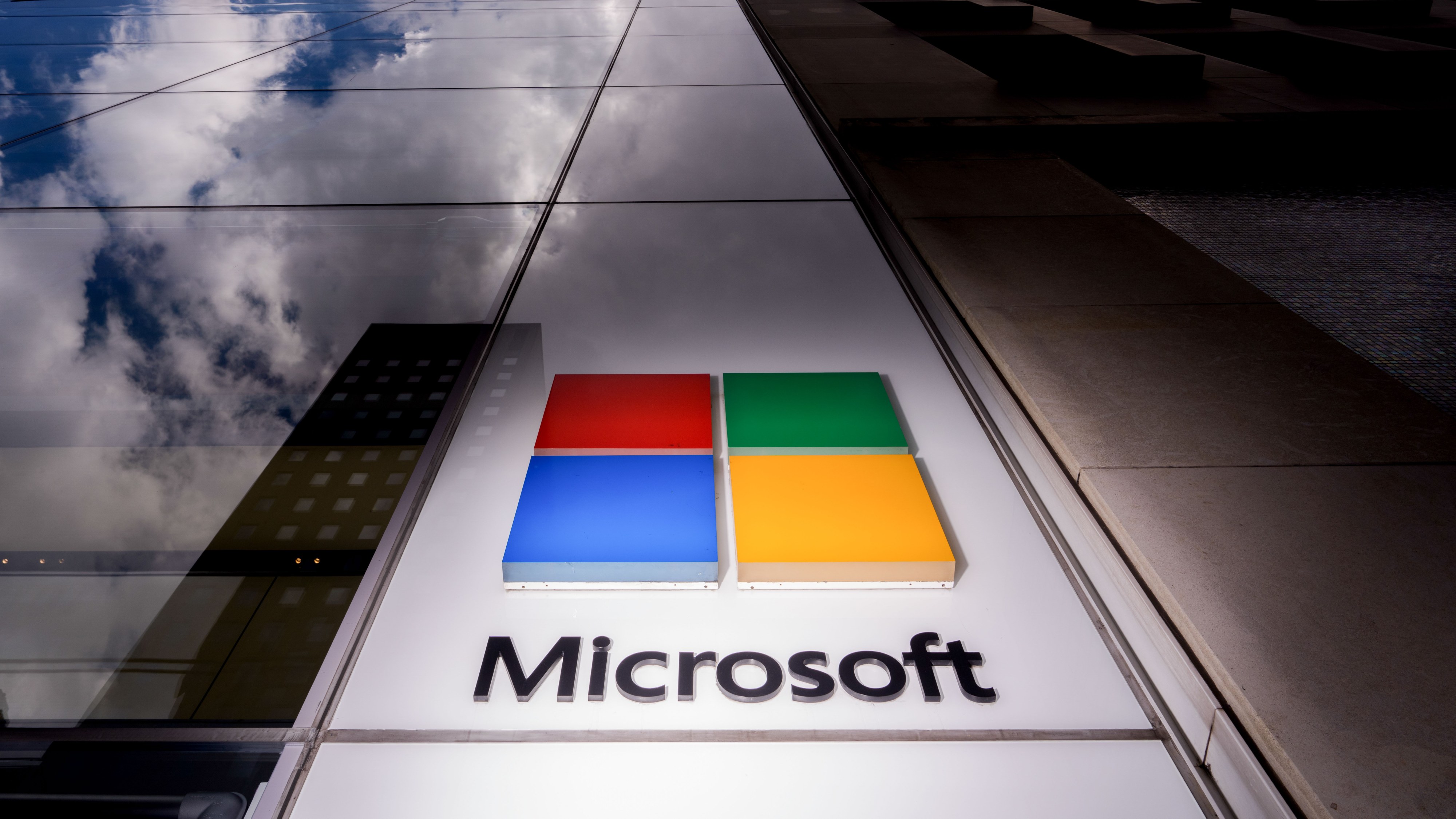Microsoft reveals AI could save 12.1 billion hours annually across the UK economy — if "Shadow AI" tech doesn't wreck it first
A new Microsoft study says AI could save the UK economy 12.1 billion per year, but warns Shadow AI tools pose serious privacy and security risks.

All the latest news, reviews, and guides for Windows and Xbox diehards.
You are now subscribed
Your newsletter sign-up was successful
While generative AI continues to raise great concerns across privacy, humanity, and job security, the technology is rapidly gaining broad adoption across the world and within organizations. Anthropic CEO Dario Amodei predicted that AI is on the verge of slashing up to 50% of entry-level white collar jobs, leaving the youth to fend for themselves.
Microsoft released a special Work Trend Index report that detailed how most employees are trapped in an infinite workday loop. Employees revealed that they have very little time for socialization or even bonding with their loved ones, since they often have to bring work home and work most weekends, making Sunday feel like the new Monday.
Interestingly, the report suggested that integrating AI into workflows could help resolve some of these issues while referencing the Pareto Principle. The principle reiterates the importance of sticking to the 80/20 rule, which claims that firms that focus on the 20% of work that delivers 80% of the outcomes often revel in success.
But as it now seems, all that AI glitter isn't gold. A new report by Microsoft reveals that 71% of employees in the UK have used unapproved consumer AI tools at work, and 51% continue to do so every week.
The report further details that the continued use of these Shadow AI tools is making UK organizations more susceptible to privacy and security threats by bad actors, granting them access to sensitive customer data.
Generative AI tools and chatbot assistants are now mainstream in the UK workforce, with employees saving around 12 billion hours a year across the economy, equivalent to more than £207 billion worth of time.
Microsoft
The respondents who took part in the study revealed that they most leverage the capabilities of these tools draft and respond to workplace communications (49%), draft materials at work, including reports and presentations (40%), and carry out finance-related tasks (22%).
Perhaps more concerning, most of the employees showed little regard over the risks of using unapproved external AI tools at the workplace. Only 32% expressed privacy concerns while 29% shared concerns about exposing their companies' IT systems to security threats.
All the latest news, reviews, and guides for Windows and Xbox diehards.
AI is saving time and money at work
According to Darren Hardman, CEO, Microsoft UK & Ireland:
“UK workers are embracing AI like never before, unlocking new levels of productivity and creativity. But enthusiasm alone isn’t enough. Businesses must ensure the AI tools in use are built for the workplace, not just the living room.The message is clear: only enterprise-grade AI delivers the functionality that employees want, wrapped in the privacy and security every organisation demands.”
While Shadow AI is a great security concern that opens up organizations to data leaks and an increased number of cyberattacks, the cutting-edge technology has seemingly secured its position at the workplace. Employees using AI at work say the technology helps them save at least 7.75 hours a week on average across various admin tasks. Dr Chris Brauer, Director of Innovation at Goldsmiths, University of London says this translates to 12.1 billion hours saved across the UK economy each year, which is worth around £208 billion of workers’ time.
Perhaps more interestingly, job loss concerns to AI are slowly fading away as more employees are more enthusiastic toward the technology. For context, "more than half (57%) of employees now describing their feelings as optimistic, excited or confident – up from 34% in January."
What's more, more employees seem to be well-versed with AI tools, making it easier to integrate across their workflows. At the beginning of this year, 44% of employees admitted that they didn't know where to start with AI, but that number has shrunk to 36% as of October 2025.
This news comes as Microsoft Copilot and ChatGPT strive to establish their dominance in the enterprise space. However, the latter seems to have the upper hand with companies like Amegen Inc. stating that "OpenAI has done a tremendous job," though it still claims Copilot is a pretty important tool especially when integrated with Microsoft's suite of productivity tools like Excel and Outlook.

Follow Windows Central on Google News to keep our latest news, insights, and features at the top of your feeds!

Kevin Okemwa is a seasoned tech journalist based in Nairobi, Kenya with lots of experience covering the latest trends and developments in the industry at Windows Central. With a passion for innovation and a keen eye for detail, he has written for leading publications such as OnMSFT, MakeUseOf, and Windows Report, providing insightful analysis and breaking news on everything revolving around the Microsoft ecosystem. While AFK and not busy following the ever-emerging trends in tech, you can find him exploring the world or listening to music.
You must confirm your public display name before commenting
Please logout and then login again, you will then be prompted to enter your display name.
